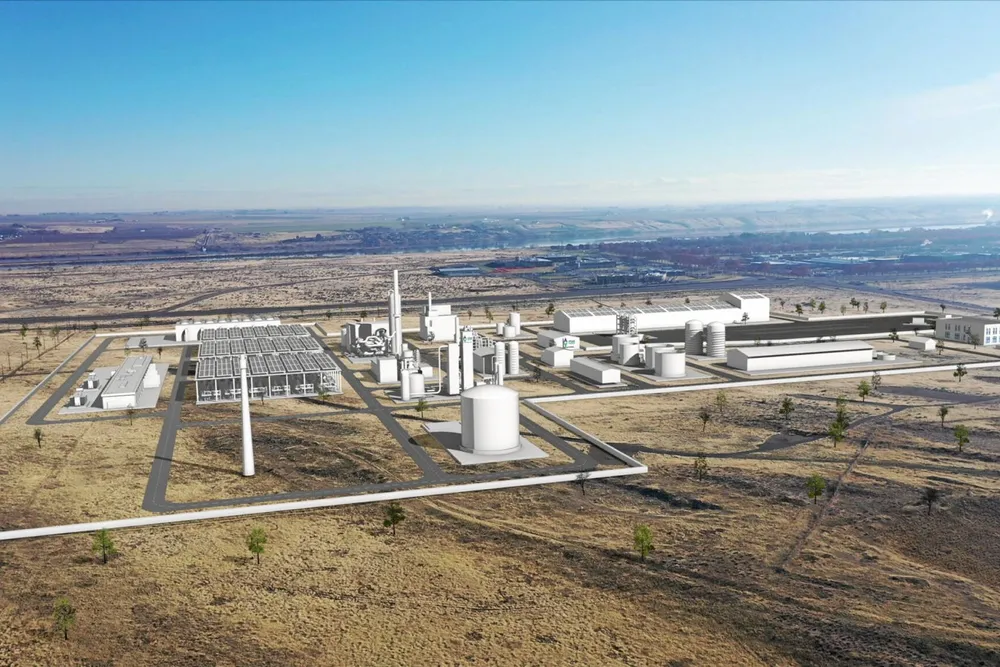Green hydrogen-based fertiliser cost-competitive with grey, says developer with $1bn US plant 'on track' for FID
Atlas Agro confirms that part of the facility’s offtake is already under contract

Atlas Agro confirms that part of the facility’s offtake is already under contract
